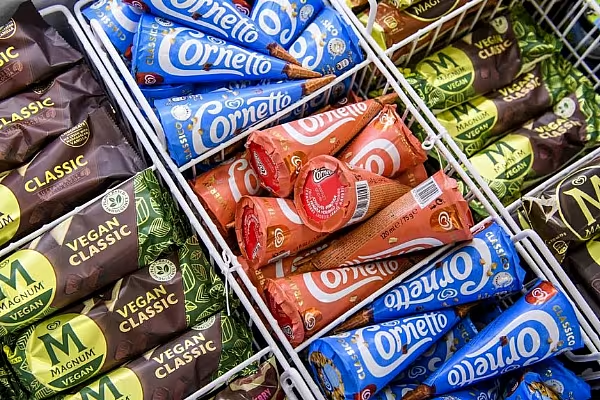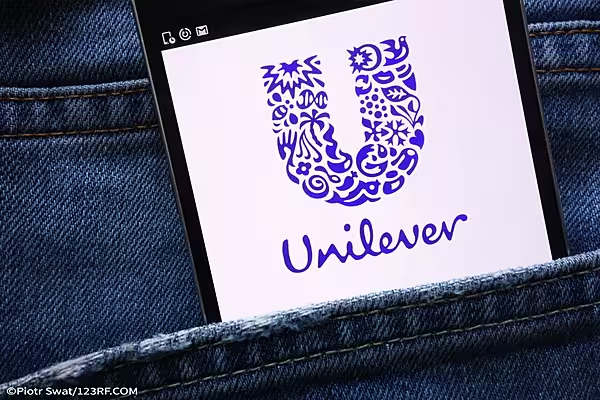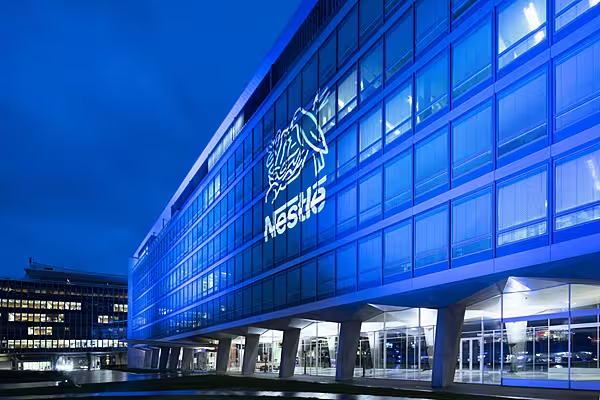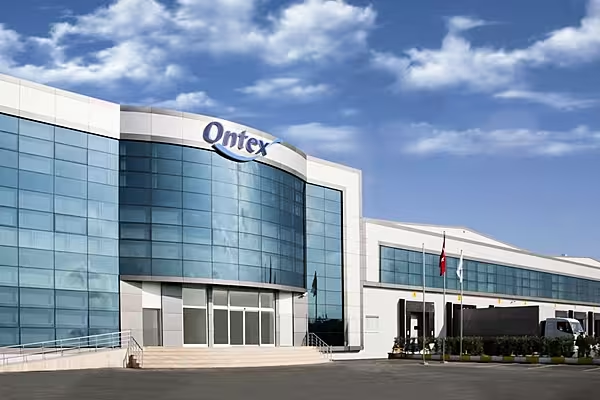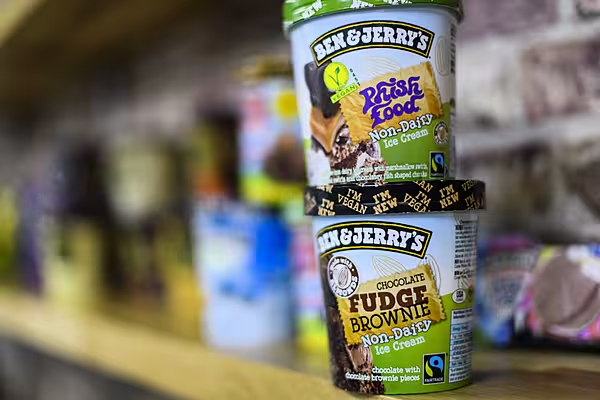Unilever this week announced it would spin off its ice cream business as part of a productivity programme to drive faster growth and a higher margin.
The consumer goods giant owns five of the top ten selling ice cream brands globally, including Walls, Magnum and Ben & Jerry’s.
The move will impact 7,500 jobs globally and separation activity will begin immediately, with full separation expected by the end of 2025, as the company seeks to transform into a "higher-growth, higher-margin business", according to Unilever chair Ian Meakins.
ESM examines five key takeaways from the announcement.
1. Ice Cream Is Tricky
After making the announcement, Unilever noted that ice cream has distinct characteristics compared with the consumer goods giant's other operating businesses.
Ice cream requires a supply chain and point of sale that supports frozen goods, as well as requiring more seasonality and greater capital intensity.
'As a stand-alone business, Ice Cream’s management team will have operational and financial flexibility to grow its business, allocate capital and resources in support of the company’s distinct strategy,' Unilever said in a statement.
"Our view is the separation of Ice Cream is a decisive step in making Unilever a higher growth, higher margin business," commented Barclays' Warren Ackerman, who added that the Ice Cream portfolio "has a very distinctive business model which requires a significant focus on costs.
"The new management team admitted early on that there was no real synergy with the rest of the portfolio."
2. 'Fewer Things, Better'
The de-merger of Unilever's ice cream business forms part of the company's Productivity Programme.
The Unilever Board asserts that the future growth potential of Ice Cream will be better delivered under a different ownership structure. Brands under the Unilever ice cream portfolio delivered turnover of €7.9 billion in 2023.
“Under the Growth Action Plan, we have committed to do fewer things, better, and with greater impact," said Hein Schumacher, CEO of Unilever. "The changes we are announcing today will help us accelerate that plan, focusing our business and our resources on global or scalable brands where we can apply our leading innovation, technology and go-to-market capabilities across complementary operating models."
The productivity programme is anticipated to deliver total cost savings of around €800 million over the next three years.
"Once both actions are complete, underlying sales growth is expected in the mid-single-digit range (current guidance 3% to 5%), and margins are also expected to improve," said analysts at Hargreaves Lansdown.
3. Restructuring
Unilever said the proposed changes are expected to impact around 7,500 predominantly office-based roles across the globe, with total restructuring costs now anticipated to be around 1.2% of group turnover for the next three years.
"Job cuts and efficiency savings are straight out of the corporate turnaround playbook, but that doesn’t mean they are without any merit," said Russ Mould, investment director at AJ Bell. "There will still need to be investment in the company’s key brands and sensible positioning to ensure the company retains its pricing power."
This might be easier said than done. Mould noted that consumers are getting fed up with price increases due to inflation, adding that the danger for Unilever is that consumers will turn away from its branded goods and turn to cheaper, private-label alternatives in supermarkets.
"This risk is particularly acute in the West, where quality unbranded goods are widely available," he says. "Unilever is in a stronger position in emerging markets where the same choice is not as freely available.”
4. A 'Simpler, More Focused' Company
Unilever has announced its intention to become a 'simpler, more focused' company after the separation.
The company plans to optimise its portfolio within four business groups – Personal Care, Beauty & Well-Being, Nutrition and Home Care – towards higher growth spaces and through brands with global reach or significant potential to scale.
It's not the first high-profile spin off Unilever has embarked on in recent years, of course, with the business having divested its tea operations in 2021.
"It seems to us that Unilever aspire to be a L'Oréal equivalent but in Health and Wellbeing as well as a disruptor in Prestige Beauty," noted Barclays' Ackerman. "The acquisitions of Liquid IV, Nutrafol and K18 signal a clear direction of travel.
"Unilever's Prestige Beauty and Health and Wellbeing sales have more more than doubled to €3.4 billion between 2021 and 2023 and in our base case could more than double again to €7 billion by 2030."
5. 'Making His Mark'
The merits of this week's proposal regarding restructuring can be debated. What cannot be debated, however, is the tenacity of Hein Schumacher, Unilever's chief executive, in making the move.
Despite only taking up the mantle of CEO last year, he has shown a clear and determined approach to simplify Unilever's portfolio while driving greater productivity – as the former FrieslandCampina boss put it in February, the company is keen to move with speed and urgency to transform Unilever into a consistently higher performing business.”
"Less than a year into his tenure, CEO Hein Schumacher is certainly making his mark on the group," says AJ Bell's Mould. "Schumacher will ultimately be judged on his ability to revive the fortunes of the remaining simplified operation."
Read More: Unilever CEO Pursuing Strategic Shift With Peltz's Backing
